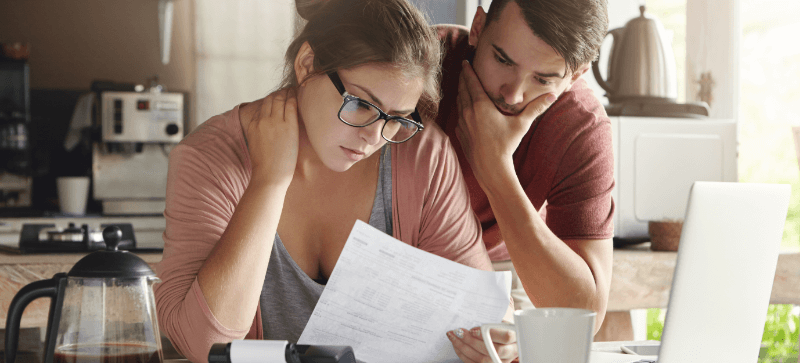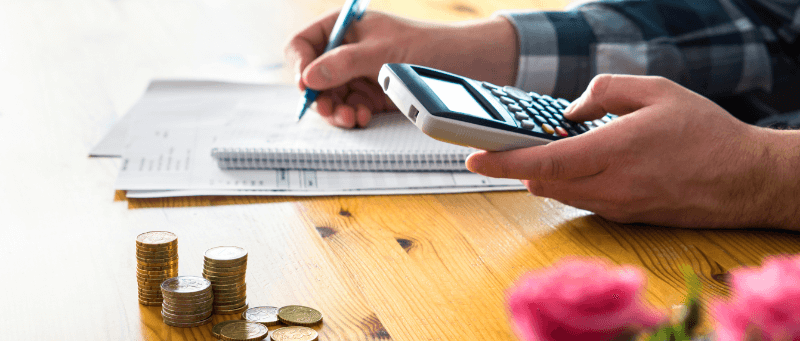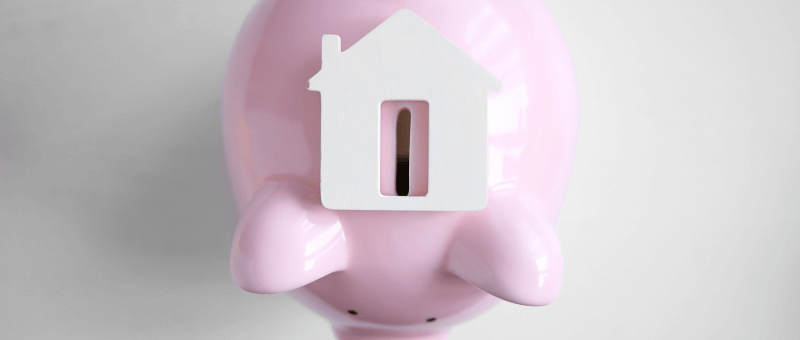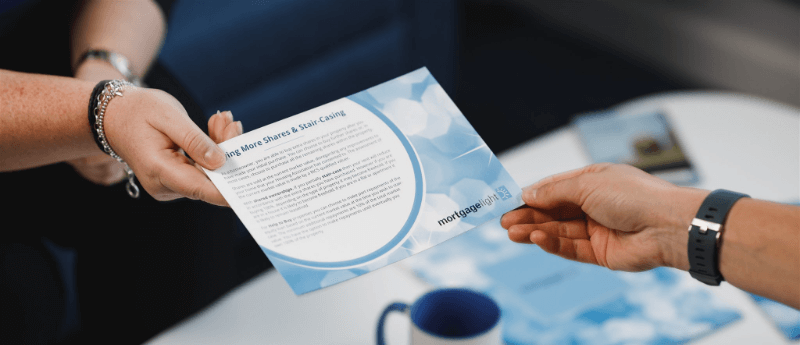How to Save For a House Deposit
So, you’ve decided to begin planning your first step onto the property ladder. For many, the largest obstacle you will face is saving up enough cash for a house deposit. A house deposit is usually required by most mortgage lenders as your initial contribution towards the cost of your property purchase. For a first time buyer, saving for a house deposit can be particularly difficult – especially if you are currently paying out a large part of your income in rent for your existing accommodation.
Before you begin saving for your house deposit, it’s a good idea to have an idea of roughly how much you’ll need to save and the options available to you if you are struggling to reach this goal. Here is a guide and some tips on how to save for a house deposit.
What is a house deposit?
Unless you can afford to purchase a property outright, you will need to borrow money (get a mortgage) to help pay for a property. Most mortgage lenders will require you to make some level of cash contribution towards the property cost. This is referred to as your deposit.
You will generally need to provide proof to your mortgage provider that you have cash savings available to provide your deposit. This acts as your contribution to the property purchase. It also provides some evidence that you have the ability to save and therefore the ability to manage your finances properly.
The larger your deposit you are able to provide, the less you’ll need to borrow by way of a mortgage. Therefore the smaller your monthly mortgage repayments might be. Deposits are normally calculated as a percentage of the property’s value, such as 5%, 10%, 15% etc. So £15,000 may represent a 10% deposit on a £150,000 house, but only a 5% deposit on a £300,000 property. You can put down as much of a deposit as you’d like to, so long as it is above the minimum 5% usually required by most lenders.
How much should I save for a house deposit?
Whilst the minimum deposit you are normally required to put down is 5%, the average house deposit for a first time buyer is around 15%. Providing a larger deposit, such as 10% or 15%, can unlock more mortgage deals and lower interest rates. This is generally because a larger deposit makes you less of a risk to lenders. For this reason, they will offer more attractive deals to get your business.
Lenders usually apply interest rates to their mortgage products in tiers against the level of deposit being provided. These tiered rates generally reduce in 5% intervals. So, a higher rate is charged where just the minimum deposit of 5% is provided. A slightly lower rate is normally available with a 5-10% deposit. The rate reduces further still for deposits between 10 and 15%, and so on.
For this reason, there is often little advantage in increasing your deposit size by just a few per cent here and there. It’s only worth it if it takes you up to the next tier. For example, if you increase your deposit from 15% to 17%, you’ll probably still only have access to all the same deals as you were offered before you provided the extra 2%. Of course, you will reduce the amount you need to borrow by 2%. It might still be worth doing if you have the cash available. To access the cheapest borrowing rates, however, try to stick to hitting the 10%, 15% and 20% milestones.
As a guide to how much you should be saving for a house deposit, it’s a good idea to look into property prices in your area. This will give you an idea of how much you will need to pay for the sort of property that you are after. Speak to a local estate agent or check Rightmove or Zoopla for the latest prices.
You should also think about how much you can realistically afford to spend on your mortgage payments each month. From there, a mortgage advisor and broker, such as us here at Mortgage Light, can help you work out what value of properties you should be looking at. This will help you determine how much deposit you will need to provide.
The cash deposit will probably be the biggest expense you will have to cover when buying a house. However, it isn’t the only expense that you will need to cover upfront. In most cases, you will also need to pay for a house valuation, solicitors fees, mortgage or broker fees and where appropriate, stamp duty. You will need to have savings set aside to cover some or all of these expenses, in addition to your deposit.
Find out more – ‘ What is the minimum deposit on a mortgage? ’ & ‘ What fees are involved in buying a house? ’
Tips for saving for a house deposit
Saving for a house deposit usually takes some time and planning. Here are our top tips on how to save for a house deposit.
Budget
Working out a budget is always a really good place to start when saving for anything. It’s especially important for a house deposit. Start by making a list of all your major incomings and outgoings. Place income on one side of the page and outgoings on the other. Outgoings are always a longer list!
It’s usually best to work on monthly figures. You may have to make some allowance for irregular expenses such as holidays, car service and Christmas. Try to be realistic and not to under or overestimate the true costs by too much. Total up both sides and subtract one from the other to give you a monthly surplus (or deficit).
Going through the figures in this way might highlight where you can cut back and trim to make saving easier. You can then decide how much realistically you can set aside towards your house deposit savings each week or month. Treat this amount just like another necessary bill that must be paid. You could even set up a standing order for a couple of days after payday. This will ensure that the money goes straight into a savings account.
Set yourself savings goals
As with any goal, putting it in writing or having someone hold you accountable for reaching it can really help motivate you to do what you can to get there. Additionally, breaking your savings goal down into manageable targets can help you work harder to get there.
For instance, knowing that you want to save up £20,000 can seem an impossible dream. However, saving £2,000 by the end of the year might seem more feasible. As you tick off each milestone, you’ll feel more motivated to reach your end goal.
Look for a good savings account
It makes sense to shop around for the best savings account to keep your savings in. Some offer better interest rates or perks than others. You could even look into a lifetime ISA. You can put up to £4,000 a year into one of these until you are 50 years old. The government will then add a 25% bonus to your savings, up to a maximum of £1,000 a year.
Take advantage of financial help from family
Did you know that the ‘Bank of Mum and Dad’ is actually now considered the seventh biggest lender in the UK mortgage market ? Perhaps you are lucky enough to have family willing to help you financially by contributing towards your deposit. Not only will this help you to reach your savings goal quicker, but it might also mean that you can put down a larger deposit and access those lower interest rate mortgages.
Look into government schemes
If you are struggling to save a deposit, perhaps because you have just come out of a relationship and need to buy somewhere on your own quickly, then there are support schemes available that might help you get onto the property ladder without waiting to save a significant cash sum as a deposit. The government Help to Buy scheme and the Shared Ownership scheme are a couple of options that might be attractive in such circumstances.
Find out more – ‘ What is the help to buy scheme? ’ & ‘ Shared ownership – how does it work? ’
Speak to a mortgage broker and advisor
Before buying a property, we would always recommend speaking to a mortgage broker and advisor such as us here at Mortgage Light. We can help you to understand the options available to you, including schemes such as shared ownership and help to buy that you might want to take advantage of. We can advise on the value of property to look at once you begin house hunting. We’ll then guide you through the entire mortgage process when the time comes to approach a lender.
For a first time buyer especially, the mortgage market can seem rather daunting. Having an experienced mortgage broker on your side can save you a lot of time, money and headaches!
Find out more – ‘ How to buy your first home ’
If you’d like to speak to one of our advisors at Mortgage Light about saving for a house deposit and getting on the property ladder, just give us a call on 01908 597655 or contact us via our website.



CONTACT US TODAY
Straight talking mortgage advice.
We make this easy for you. Simply contact us to arrange to come in and discuss your needs. If you’re pushed for time, call one of our expert advisers and we will be able to go through your options in a quick chat over the phone.






